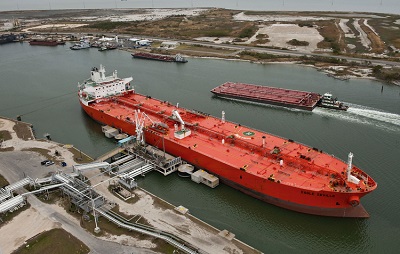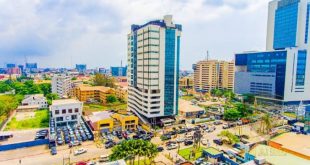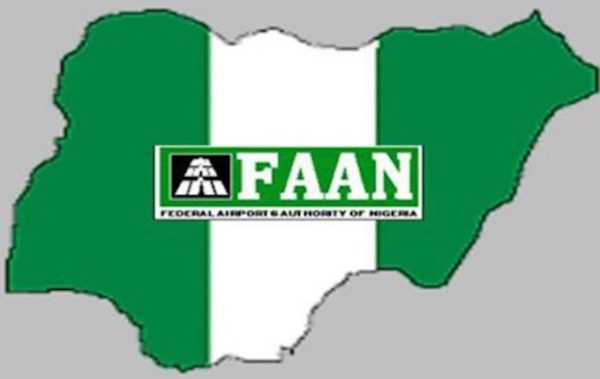
“There can be no doubt that the transportation sector is the most critical sector of our economy” – Robert Brady.
This wise saying by the English Politician was made about America but his emphasis on the sacrosanct state of transport in a nation’s economy is true about any nation and every nation.

However, activities in Nigeria continue to undermine the economic benefits of properly managed transport systems as several aspects of this key component of economic growth suffers.
According to reports by the Nigerian Ports Authority (NPA) about 25 vessels were stuck on the Lagos high sea, laden with petroleum products, and other goods waiting to berth and discharge the products for domestic consumption as at Thursday last week..

The Nigerian Customs Service (NCS) cumbersome documentation process has been highlighted as one of the reasons for the delay, while other factors such as the congestion at the port access roads contribute to this problem.

The latest Shipping Position released by the Nigerian Ports Authority (NPA), revealed that the vessels carrying Premium Motor Spirit (PMS) also known as petrol; Automated Gas Oil (AGO) or diesel; base oil, general cargo and containers, are currently waiting to berth upon Customs approval.
The vessels, mostly tankers, were tagged, CRNAPP, meaning Customs Release Not Applicable (West Coast).However, about 21 more ships are expected at the Lagos Pilotage District, between now and February 9th, with three of them laden with PMS, and others conveying fish, sugar, general cargo, trucks and containers.
Meanwhile, the latest Maritime Industry Forecast 2019-2020, released by the Nigerian Maritime Administration and Safety Agency (NIMASA), projected a decrease of oil tanker fleet size by 11.2 per cent for 2019, but will recover to a positive growth of 0.11 per cent by 2020.
The report stated: “Against this backdrop, the empirical analysis projects the growth of the total fleet size in 2019 over 2018 to be 10.33 per cent, easing to 8.75 per cent for 2020. Oil tanker fleet size is projected to decrease by 11.2 per cent for both 2019, and recover to a positive growth of 0.11 per cent by 2020. The projections for non- oil tanker fleet size is estimated to increase by 14.3 per cent in 2019 and 10.2 per cent in 2020, while Oil Rig count is projected to increase by 6.98 per cent and 6.5 per cent for 2019 and 2020 respectively.”
Expediting the dwell time of ships at Nigerian ports is critical as ships can’t afford to wait longer because it would have to pay demurrage. Shipping is a business venture and the ship-owners have calculated the number of turnaround the ship should make in a year. They must be able to make their projected income.
While the road infrastructure is improving, it is important to get all documentations at the ports processed speedily to ensure ships don’t have to wait endlessly at Nigerian ports. These inefficiencies are part of the reasons most importers prefer to route their cargoes through neighbouring ports while shipping lines try as much as possible to avoid coming to Nigerian ports.
 MMS PLUS NG – Maritime, Aviation, Business, Oil and Gas News Online Newspaper with coverage in Maritime, Oil and Gas, Aviation, Power and Energy as well as Financial News
MMS PLUS NG – Maritime, Aviation, Business, Oil and Gas News Online Newspaper with coverage in Maritime, Oil and Gas, Aviation, Power and Energy as well as Financial News









